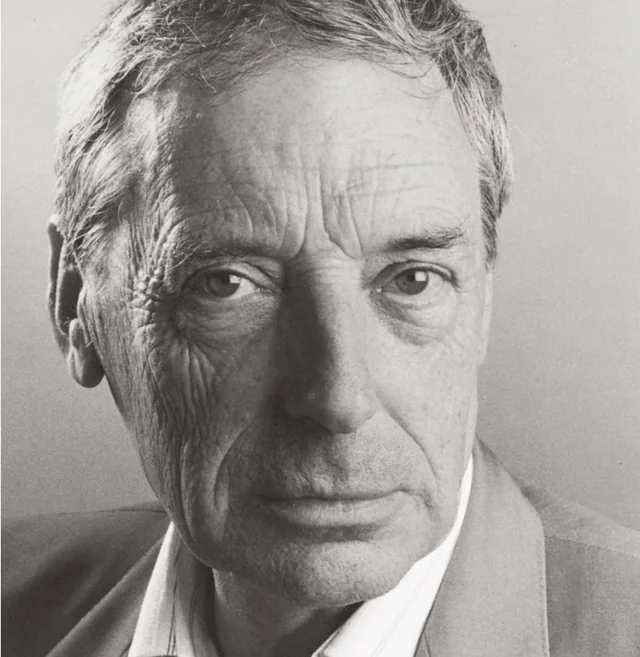We are all familiar with John 18:38 where Pontius Pilate asks Jesus ‘What is Truth’. That particular question is as old as philosophy itself. What does it mean to be truthful? What role does truth play in our lives? What do we lose if we reject truthfulness?
No modern philosopher is better suited to answer these questions than Bernard Williams (Bernard Williams (Stanford Encyclopedia of Philosophy)). Writing with his characteristic combination of passion and elegant simplicity, he explores the value of truth and finds it to be both less and more than we might imagine.
Modern culture exhibits two attitudes toward truth: suspicion of being deceived (no one wants to be fooled) and skepticism that objective truth exists at all (no one wants to be naive). This tension between a demand for truthfulness and the doubt that there is any truth to be found is not an abstract paradox. It has political consequences and signals a danger that our intellectual activities, particularly in the humanities, may tear themselves to pieces.
Williams’s approach, in the tradition of Nietzsche’s genealogy, blends philosophy, history, and a fictional account of how the human concern with truth might have arisen. Without denying that we should worry about the contingency of much that we take for granted, he defends truth as an intellectual objective and a cultural value. He identifies two basic virtues of truth, Accuracy and Sincerity, the first of which aims at finding out the truth and the second at telling it. He describes different psychological and social forms that these virtues have taken and asks what ideas can make best sense of them today.
Truth and Truthfulness (2002) presents a powerful challenge to the fashionable belief that truth has no value, but equally to the traditional faith that its value guarantees itself. Bernard Williams shows us that when we lose a sense of the value of truth, we lose a lot both politically and personally, and may well end up losing everything.
Move on to Simon Blackburn, Truth: A Guide for the Perplexed (Oxford University Press, 2007) This is a great start for the general reader. Enquire at your local library or available at http://www.amazon.co.uk/Truth-Guide-Perplexed-Simon-Blackburn/dp/0141014253/ref=sr_1_1?s=books&ie=UTF8&qid=1418906218&sr=1-1&keywords=truth+blackburn
Deepen the difficulties by going on to Michael P. Lynch, Truth as One and Many (Oxford University Press, 2009) Enquire at your local library or available at http://www.amazon.co.uk/Truth-One-Many-Michael-Lynch/dp/0199596301/ref=sr_1_1?s=books&ie=UTF8&qid=1418906597&sr=1-1&keywords=truth+as+one+and+many
If really fired up by this subject go for Wright, Crispin, 1993, Realism, Meaning and Truth, Oxford: Blackwell, second edn. In sixteen essays, Wright looks at the much-debated form of anti-realism which contests whether truth may intelligibly transcend evidence. An extended introduction describes the basics of the anti-realist’s negative case, highlighting the areas where further work is most needed, and locating the issues about truth in the context of other forms of opposition between realism and anti-realism. This distinguished collection will be welcome to anyone, professional or general reader, who feels the need for an overview of this kind of anti-realism and an explanation of its importance in contemporary analytical philosophy. Enquire at your local library or available at http://www.amazon.co.uk/Realism-Meaning-Truth-Crispin-Wright/dp/0631171185/ref=sr_1_2?s=books&ie=UTF8&qid=1418907200&sr=1-2&keywords=wright+realism
Now into your stride it’s time to tackle Wright, Crispin, 1992, Truth and Objectivity, Harvard University Press. In this, Wright offers an original perspective on the place of “realism” in philosophical inquiry. He proposes a radically new framework for discussing the claims of the realists and the anti-realists. This framework rejects the classical “deflationary” conception of truth yet allows both disputants to respect the intuition that judgments, whose status they contest, are at least semantically fitted for truth and may often justifiably be regarded as true. In the course of his argument, Wright offers original critical discussions of many central concerns of philosophers interested in realism, including the “deflationary” conception of truth, internal realist truth, scientific realism and the theoreticity of observation, and the role of moral states of affairs in explanations of moral beliefs. Enquire at your local library or available at http://www.amazon.co.uk/Truth-Objectivity-Crispin-Wright/dp/0674910869/ref=tmm_hrd_swatch_0?_encoding=UTF8&sr=&qid=
Enjoy a lifetime of reflection on the subject of truth by following the bibliographies in The Stanford Encyclopedia at the link http://plato.stanford.edu/entries/truth/
A clear and accessible discussion on the subject of truth can be found at the BBC Radio 4 ‘In Our Time’ 45 minute episode. Available from http://www.bbc.co.uk/programmes/b04v59gz With Simon Blackburn – Fellow of Trinity College, Cambridge, and Professor of Philosophy at the New College of the Humanities; Jennifer Hornsby – Professor of Philosophy at Birkbeck, University of London; and Crispin Wright – Regius Professor of Logic at the University of Aberdeen, and Professor of Philosophy at New York University. Chaired by Melvyn Bragg. First broadcast 18 December 2014.
344 pages in Princeton University Press paperback edition.
First published 2002.
ISBN 978-0691117911
Bernard Williams Jennifer Horsby
Crispin Wright Simon Blackburn



